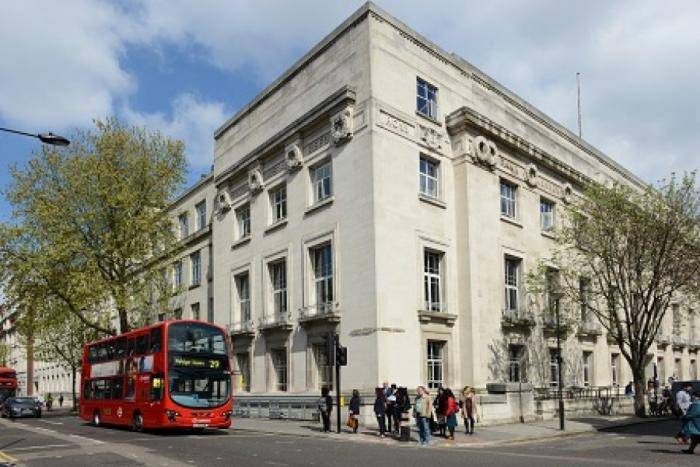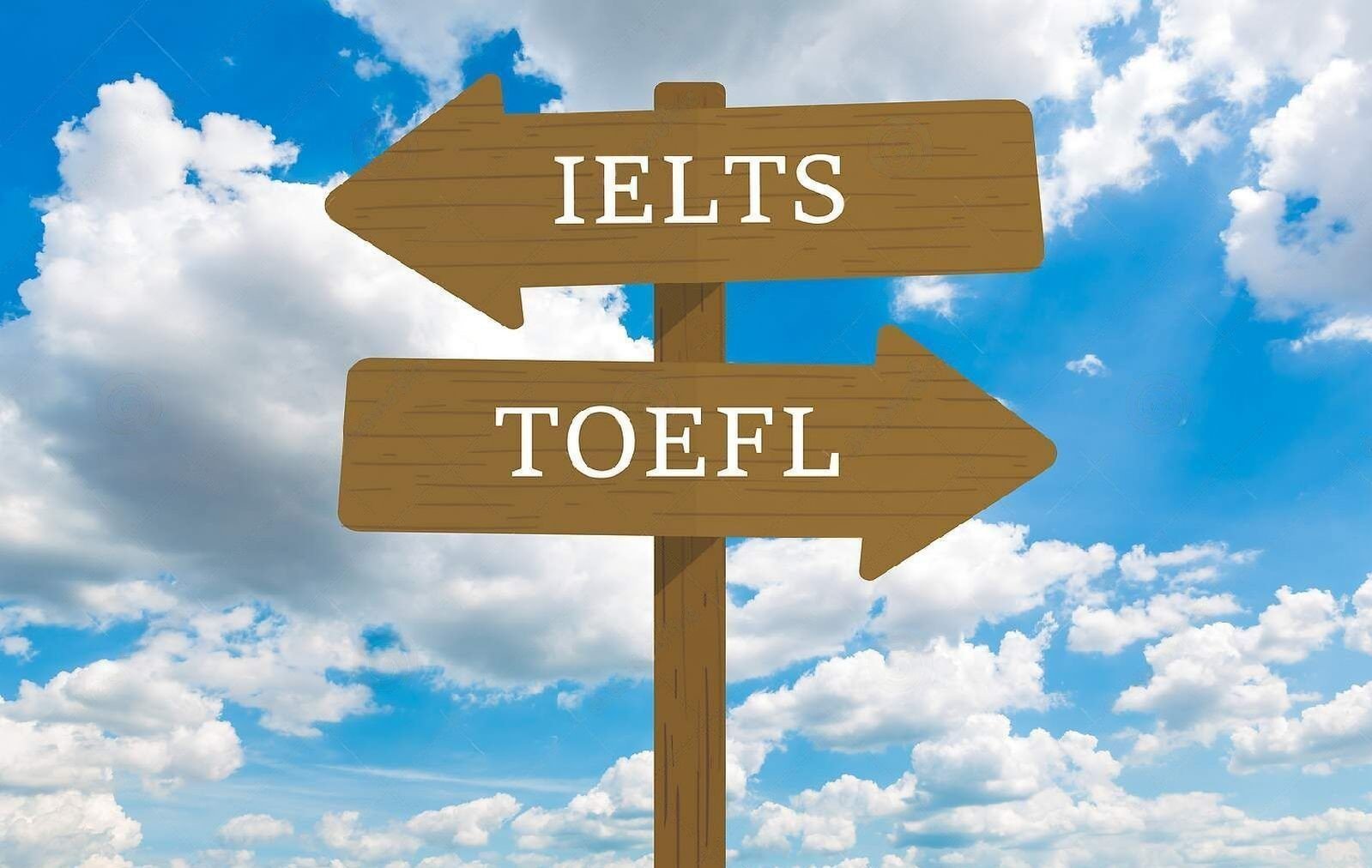Educationists seek government funding to support low-cost private schools


Two educationists, Mr. Emmanuel Orji and Mrs. Olanrewaju Oniyitan, have urged state governments to assist low-cost, privately-owned schools that cater to poor communities.
They said that with this kind of assistance, their schools would be able to fulfil the necessary conditions to function as the nation’s standard schools.
They also demanded that the regulations governing the operation of private primary and secondary schools be revised, pointing out that the present regulations were onerous and out of step with the realities of modern Nigeria.
The request came after educators noted that there were insufficient public schools in the nation and an increase in the number of out-of-school students, placing the educational system in a situation of emergency.
With 20 million out-of-school children, Nigeria has been found by the United Nations Educational, Scientific and Cultural Organisation (UNESCO) to be among the top three countries with the most out-of-school children together with India and Pakistan in 2022.
The executive director of the education consulting organisation SEED Care & Support Foundation, Oniyitan, emphasised that the strict regulations governing school operations had forced some school owners to run mediocre institutions, endangering Nigeria’s educational future.
She did, however, emphasise that low-cost, privately owned schools would boost quality education as a result of government support.
Using Lagos as an example, she disclosed that the city has roughly 1,000 public schools and over 20,000 private schools.
According to the Lagos State Universal Basic Education Board, there are 1,075 primary schools while 2009 statistics by the Lagos State Bureau of Statistics put the number of primary and secondary schools in the state at 626.
In her opinion, for private schools to be able to operate at a high standard, there must be help from the government.
“Since the government cannot build all the public schools that are required to accommodate students from poor homes, why not create intervention funding and a support programme to support these schools to meet the minimum standards that we have created so that these schools can accommodate these children?
“This is because the owners of these schools are meeting the needs of their community. We ask the government ‘If you shut all of them down, where will the over a million children in these schools go?’
“We need to face the reality. In the crisis we are in, what kind of interventions can we provide? If we know that these schools are not good enough, how are we supporting them to meet those minimum standards that we have set,” she asked.
On his part, Orji, the president of the Association for Formidable Educational Development noted that the impact of low-cost schools cannot be ignored as such schools serve families who would have otherwise not been able to afford education for their children due to the unavailability of public school in such hidden communities.
He however lamented how such schools are unable to get loans at a fair rate from banks and as such, this impedes their ability to upgrade their facilities.










